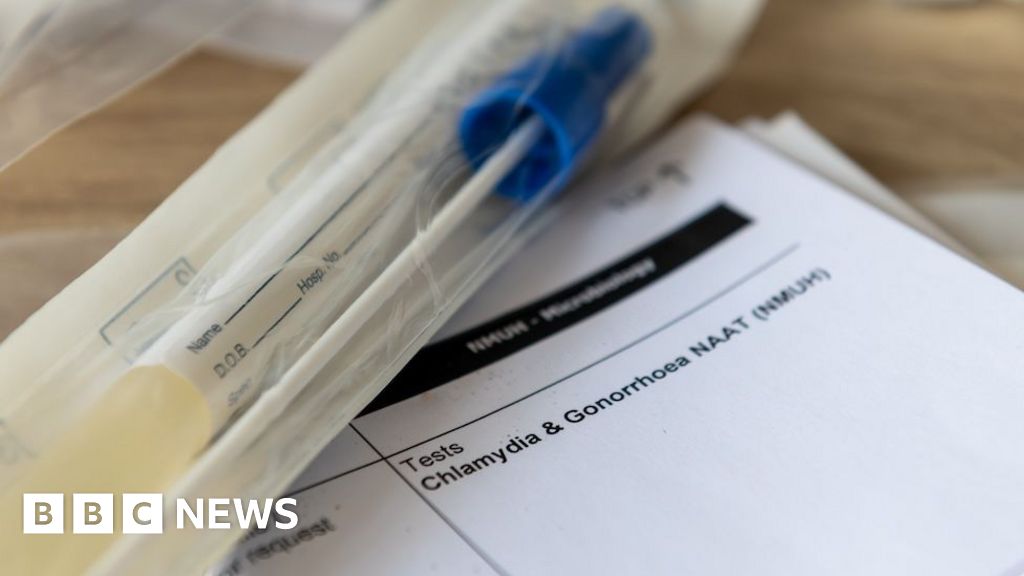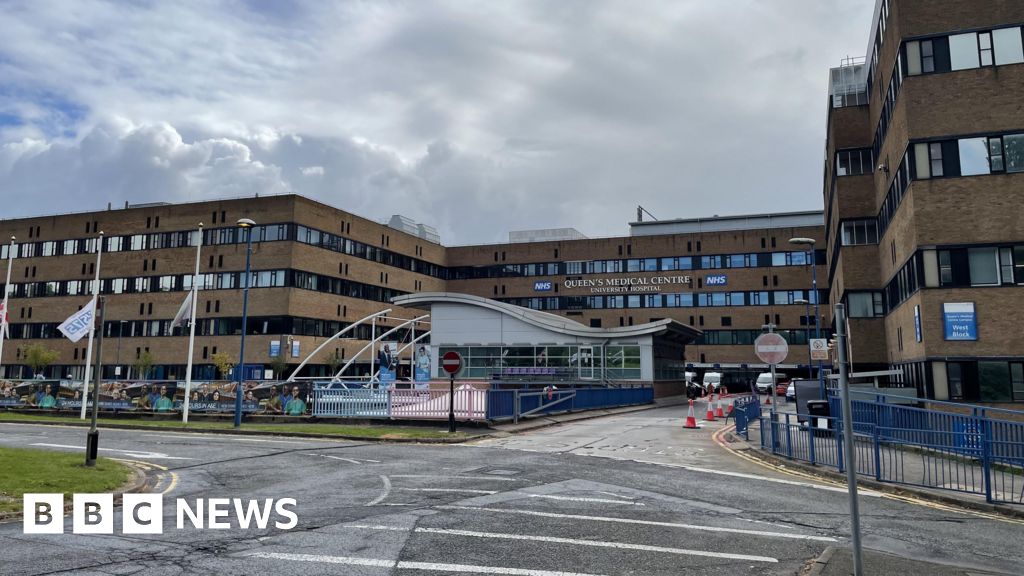ARTICLE AD BOX
By Mark Easton
Home editor
The NHS makes people proud to be British but one in five has been forced to go private, suggests a survey of more than 4,000 adults in the UK.
Some complained of having to "fight for treatment", while others faced discrimination, the research by charity Engage Britain found.
Too many are "let down every day by our health and care services," said the charity's director, Julian McCrae.
NHS England said hardworking staff were reducing the backlog from the pandemic.
The researchers found 77% of the people questioned were proud of the NHS.
However, the nationally representative online survey also found:
- 21% had been forced to go private because NHS treatment was unavailable
- 25% said waiting times had harmed their mental health
- 28% felt they had to fight for treatment
Among people from ethnic minorities, 22% said they or a loved one had experienced racism when seeking treatment.
Overall, more than a quarter of those questioned felt their problems were not taken seriously, rising to 45% of women aged 18-34.
Dee Montague from Newport spent her life savings on private care for her endometriosis, because the NHS left her feeling "dismissed, disrespected and desperate".
She says she left a meeting with a consultant, feeling suicidal.
"I did not want to die, I just wanted it to be better, I wanted it to stop. You just feel like nobody believes you and nobody's listening to you," she told the BBC.
Floss Salter, 20, from Leicestershire, who was born with cerebral palsy and needs regular care from a physiotherapist, found that despite years of NHS treatment as a child, she had to begin the process of finding the care she needed all over again, when she turned 18.
She told the BBC: "It's just the time it takes to get everything you need, ringing receptionists and being on hold for hours, just to get a simple question answered... or waiting for five or six months just to get a chat with a physio. It's just really frustrating."
The vast majority (85%) of people acknowledged that NHS staff are overstretched, doing as much as they can with the resources available.
"Overworked staff are being pushed to breaking point," said Mr McCrae. He called for reforms to "address the daily challenges that so many in Britain are facing".
"Only answers rooted in real experiences can deliver health and care that works for us all."
Prof Stephen Powis, national medical director for NHS England, said: "NHS staff have worked tirelessly over the pandemic, caring for 450,000 patients with the virus in hospital, which has inevitably had a knock-on effect on less urgent care and created a backlog, but staff are also now pulling out all the stops to recover services and help more people as they come forward for care."
Officials highlighted figures showing a big increase in patient treatments carried out this summer, compared to last, with 3.9m diagnostic tests and 2.6m patients beginning consultant-led treatment in June and July, compared with 2.7m tests and 1.6m treatments in June and July 2020.

 3 years ago
66
3 years ago
66








 English (US) ·
English (US) ·